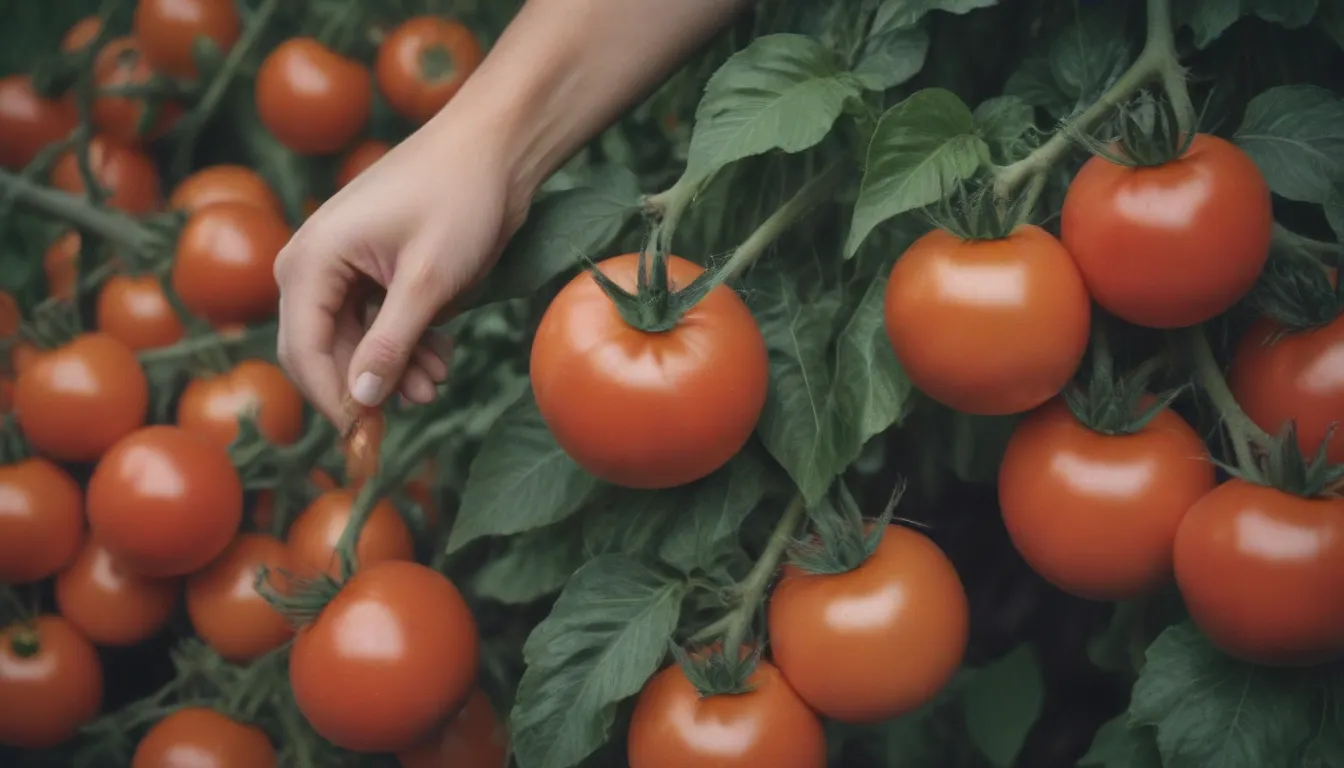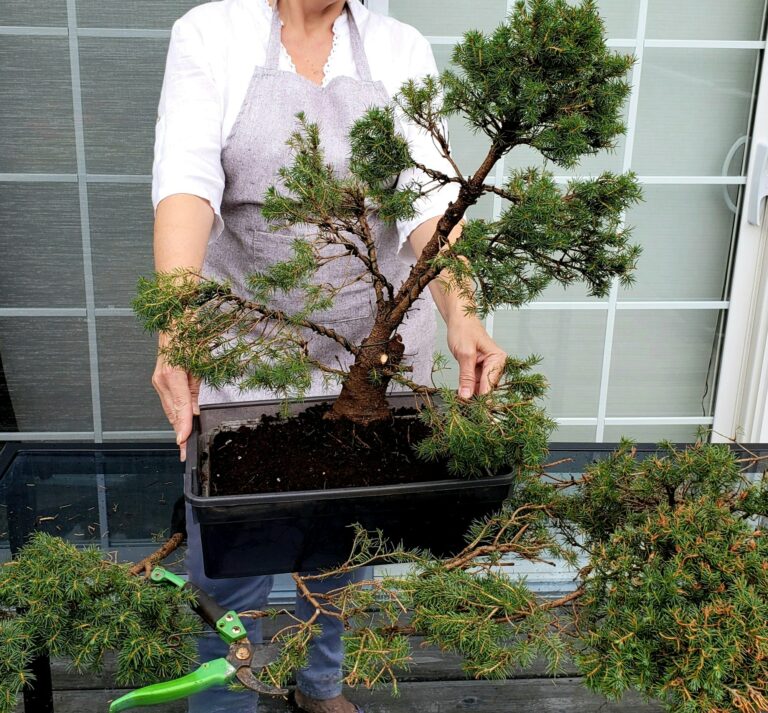The Comprehensive Guide to Fertilizing Tomatoes: How and When to Do It

Tomatoes are a popular choice for home gardeners due to their delicious flavor and versatility in recipes. However, to ensure a bountiful harvest of healthy fruits, proper fertilization is essential. In this comprehensive guide, we will explore the best practices for fertilizing tomatoes to maximize growth, yield, and overall plant health.
Understanding the Importance of Fertilizing Tomatoes
Tomato plants require a variety of nutrients to thrive and produce quality fruit. By providing the necessary fertilization, you can support healthy growth, flowering, fruit development, and disease resistance. Before you start fertilizing your tomato plants, consider the following factors:
- Soil Nutrient Deficiencies: Conduct a soil test to determine which nutrients are lacking in your soil. This will help you choose the right type of fertilizer to address any deficiencies.
- Soil Amendments: If you are planting tomatoes in-ground for the first time, your soil may already have sufficient nutrients. However, amending the soil with fertilizer before planting can provide a nutrient boost to support healthy growth.
Determining the Right Time to Fertilize Tomatoes
Knowing when to fertilize your tomato plants is crucial for optimal growth and development. Consider the following timeline for fertilizing tomatoes:
- Prior to Transplanting: Fertilize your tomato plants just before transplanting them into the garden.
- At Planting Time: Apply fertilizers during planting to provide initial nutrients to the plants.
- Two Weeks Before Flowering: Fertilize your tomato plants approximately two weeks before flowering to support healthy bloom.
- When Fruits are Small: Provide another round of fertilization when the first fruits start to form.
Choosing the Right Fertilizer for Tomatoes
When it comes to fertilizing tomatoes, you have a variety of options to choose from. Organic and manufactured commercial fertilizers can both be effective in providing the necessary nutrients for your tomato plants. Consider the following types of fertilizers:
Organic Fertilizers
- Fish Emulsion: A mild, nitrogen-rich organic fertilizer that can be used throughout the growing season.
- Animal Manure: Provides a nutrient-rich source of fertilizer for tomatoes.
- Bone Meal and Blood Meal: Rich in phosphorous, these organic fertilizers support flower and fruit development.
Organic Fertilizers vs. Soil Conditioners
Organic fertilizers feed your plants directly, while soil conditioners improve soil health and structure over time. Consider using compost as an organic soil conditioner to enhance soil quality in your garden.
Manufactured Fertilizers
Commercial manufactured fertilizers provide immediate nutrients to your plants. Look for products with a balanced NPK ratio (nitrogen, phosphorous, and potassium) to support tomato growth and fruit development. Pay attention to nutrient labels and choose products specifically formulated for tomatoes.
Remember that overuse of fertilizers can lead to harmful salt buildup in the soil. Use fertilizers sparingly and follow the recommended application guidelines for best results.
Tips for Successful Tomato Fertilization
- Check Soil pH: Aim for a soil pH of 6.2 to 6.8 for optimal tomato growth. Address any pH imbalances before applying fertilizers.
- Monitor Nutrient Levels: Keep an eye on secondary macronutrients like magnesium and calcium, along with essential minerals and vitamins. Supplement your soil with these nutrients as needed to support plant growth.
- Use Epsom Salt: Consider adding Epsom salt to your soil to provide magnesium and sulfur, essential micronutrients for tomato plants. Epsom salt can promote healthy foliage and nutrient uptake.
By following these tips and guidelines for fertilizing tomatoes, you can ensure a healthy and productive harvest of delicious, homegrown tomatoes. Whether you are a beginner gardener or a seasoned pro, proper fertilization is key to successful tomato cultivation. Experiment with different types of fertilizers and application methods to find the best approach for your garden. Happy gardening!





